Carl Schmitt
Carl Schmitt
State and Society
William Rasch

London New York
Published by Rowman & Littlefield International, Ltd.
6 Tinworth Street, London SE11 5AL
www.rowmaninternational.com
Rowman & Littlefield International, Ltd. is an affiliate of
Rowman & Littlefield
4501 Forbes Boulevard, Suite 200, Lanham, Maryland 20706, USA
With additional offices in Boulder, New York, Toronto (Canada), and London (UK)
www.rowman.com
Copyright 2019 by William Rasch
All rights reserved. No part of this book may be reproduced in any form or by any electronic or mechanical means, including information storage and retrieval systems, without written permission from the publisher, except by a reviewer who may quote passages in a review.
British Library Cataloguing in Publication Information
A catalogue record for this book is available from the British Library
ISBN: HB 978-1-78661-169-7
ISBN: PB 978-1-78661-170-3
Library of Congress Cataloging-in-Publication Data Is Available
ISBN 978-1-78661-169-7 (cloth: alk. paper)
ISBN 978-1-78661-170-3 (pbk: alk. paper)
ISBN 978-1-78661-171-0 (electronic)
 TM The paper used in this publication meets the minimum requirements of American National Standard for Information Sciences Permanence of Paper for Printed Library Materials, ANSI/NISO Z39.48-1992.
TM The paper used in this publication meets the minimum requirements of American National Standard for Information Sciences Permanence of Paper for Printed Library Materials, ANSI/NISO Z39.48-1992.
Acknowledgments
Selected passages from the following two articles appear in various chapters of the book in modified form: William Rasch, Political theology and political form: power, contingency, authority, belief, Journal for Cultural Research, 2016, vol. 20, no. 3, 217234; William Rasch, Carl Schmitts Defense of Democracy, The Oxford Handbook of Carl Schmitt, ed. Jens Meierhenrich and Oliver Simons, 2016, 312337.
I wish to thank Luke Rylander and Anna Spafford for early work on compiling the works cited section of the volume. Above all, I am indebted to Colin Grant for the meticulous and precise job of formatting the book and conducting a thorough and careful copyediting of the text. I am equally indebted to all those who worked on producing the volume, especially Sarah Campbell, her successor Frankie Mace, as well as Rebecca Anastasi, Lisa Whittington, Brianna Westervelt, and Andrew Unger.
Over the years there have been many who, rather unexpectedly, have responded positively to my work and supported me in numerous ways. I will always be grateful to Chantal Mouffe, Costas Douzinas, and Joe Bendersky. My colleague and friend, Bill Scheuerman, has never failed to encourage me and provide invaluable intellectual and institutional help, despite (or perhaps because of) our different attitudes about controversial figures like Carl Schmitt. He is a fierce critic but generous friend, and the knowledge and commitment he brings to our conversations always enrich the way I look at the political and the discipline tasked with studying it. I am an amateur in the field of political theory, but he has never held that against me, for which I hope he will never be faulted.
I dedicate this book to my twin granddaughters, Madelyn Grace and Riley Ann. Born in 2018, they are fated to live in the world we have made, or at least have been unable to hinder. May they be allowed to make of it something better than we have been able to do.
Introduction
I was of three minds,
Like a tree
In which there are three blackbirds.
Wallace Stevens, Thirteen Ways of Looking at a Blackbird
The human imagination is such that there are certainly more than thirteen ways to look at a blackbirdindeed, more than thirteen ways to look at each of the thirteen stanzas in Wallace Stevenss poem. Yet, the exercise of human imagination is mightily constrained, because of apathy, no doubt, but most likely out of abject fear. What worlds would our fancy unleash were we not able to keep it in check? Is that not why we invented sin? Given the worlds we have unleashed, including the one we currently live in, this fear is not unwarranted. The first half of the twentieth century spawned what we have labeled totalitarian regimes, brutalizing the lives of their own citizens and those of their neighbors, the memories of which still haunt us. The beginning of the twenty-first century has witnessed the sprouting of autocratic leadership, fundamentalist religious regimes and tendencies, and the rise of so-called populist agitation in the likeliest as well as the most surprising of places. In general, the response to this efflorescence of our political imagination has been to say that there really is only one approved way of looking at the blackbird of human cohabitation, and that is the way sanctioned by liberal theory. Pre-political rights of the individual, division of the institutions of political power, the rule of law, and the operations of a so-called free or minimally checked capitalist market are said to be the necessary components of political order. If any one, or each and every one, of these components also displays ambiguity or leads to negative outcomes, then tinkering is called for, but no fundamental questioning. Look what happens, we are told, when you start doubting, when you trust in experiments, when you succumb, for instance, to fist-in-the-air, red-flag romanticism, or dream of the commonality of race or religion as a requirement of community, and community as a requirement of the political.
Truth be told, the economic portion of liberal theory, the free market (with or without safety net), is not in the least bit immune from intense, sometimes frenzied critique. We use a convenient term to excoriate income inequality, the excesses of the profit motive, consumer culture, commodification, global economic imperialism, and so forthnamely, neoliberalism. Whereas liberalism or liberal theory are terms generally used descriptively or positively, neoliberalism is decidedly pejorative. It is almost as if liberal theory would like to amputate the economic limb of its body. Nevertheless, economically speaking, neoliberalism is classical liberalism, a kind of wannabe nineteenth-century, pastoral, laissez-faire liberalism, as if bankers, industrialists, techies all aspire to be Jeffersonian yeoman farmers (sans slaves, to be sure), untouched and untouchable. And if the right to private property is the primary neoliberal right, whereas the rights of freedom of conscience, speech, and assembly may dominate elsewhere, both property and conscience are on every liberals menu. It is true that left-liberal theory welcomes some restrictions on the right to private property. Put hyperbolically, we (I am assuming a select readership here) would all prefer to live, work, and die in Sweden than, say, in the United States. The social-democratic additive to the liberal brew is so fine and mellow, tastes so right, is so right, that even contemporary Marxism can be amalgamated to liberalism, producing a human-rights Marxism, a rule-of-law Marxism, perhaps even a checks-and-balances Marxism, and also a liberal-cum-social democracy Marxism, one that allows the ownership of the means of production to remain in private hands, but sets limits on what those hands may do. Is, then, liberal theory the only way to look at a blackbird?
Next page


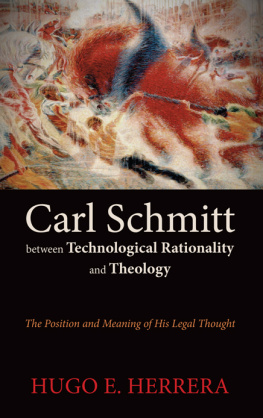

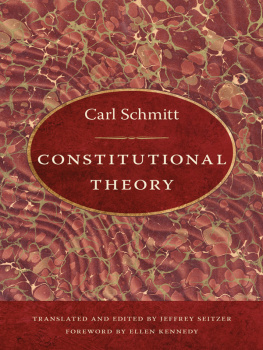
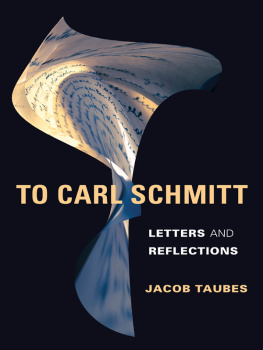
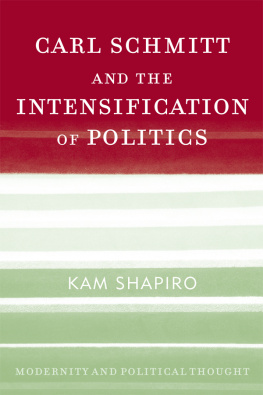


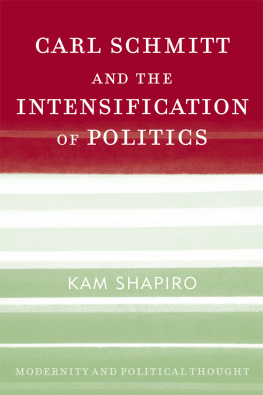
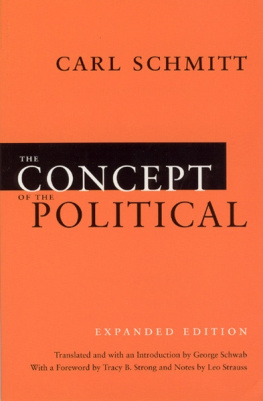

 TM The paper used in this publication meets the minimum requirements of American National Standard for Information Sciences Permanence of Paper for Printed Library Materials, ANSI/NISO Z39.48-1992.
TM The paper used in this publication meets the minimum requirements of American National Standard for Information Sciences Permanence of Paper for Printed Library Materials, ANSI/NISO Z39.48-1992.